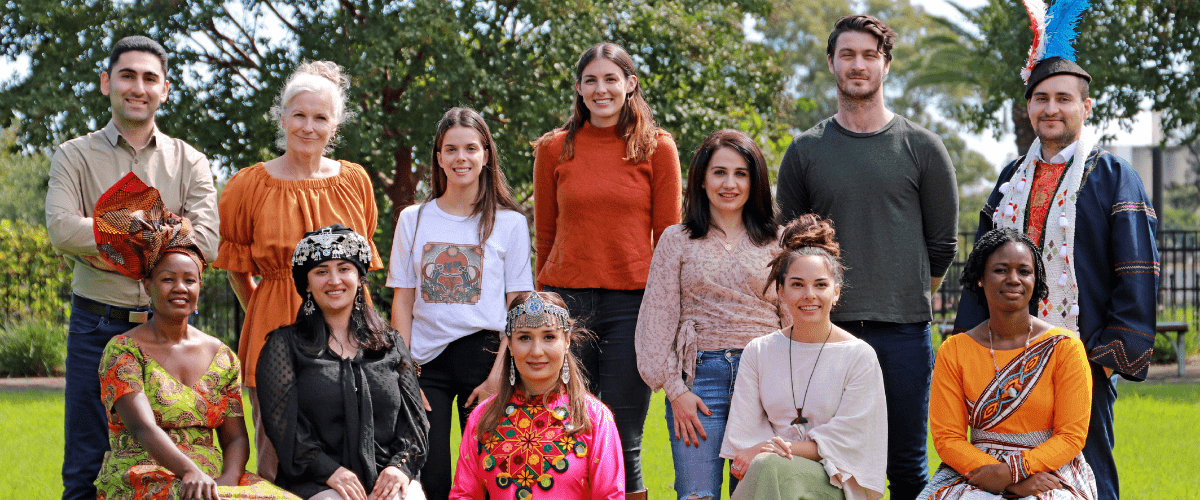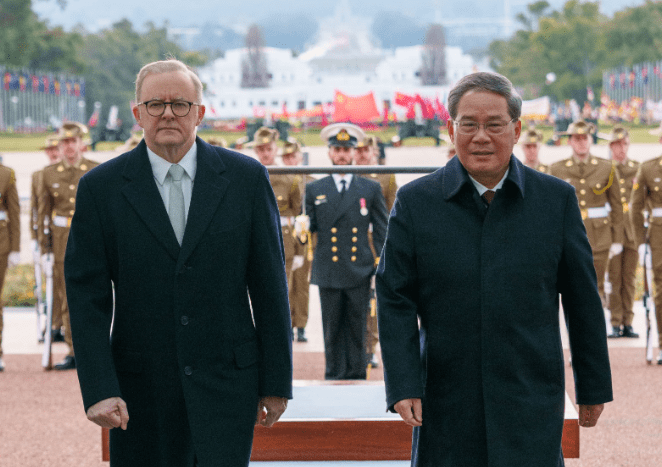As Australia kicks off Refugee Week (held from June 16 to June 22), it’s an opportune moment to reflect on the profound contributions refugees have made to the Australian community.
Refugee Week is a time to promote greater awareness of refugees, the challenges they face, and to celebrate their resilience and contributions. With World Refugee Day on Thursday, 20 June, this week offers a unique chance to engage, learn, and support refugees in meaningful ways. Here are five inspiring ways to celebrate Refugee Week this year.
FOR A LIST OF REFUGEE WEEK EVENTS ACROSS AUSTRALIA CLICK HERE

1. Participate in Community Events and Festivals
Refugee Week is marked by a plethora of community events and festivals across Australia. These events provide a platform for refugees to share their stories, cultures, and experiences. Attend local festivals that showcase refugee music, dance, art, and cuisine. Engaging in these cultural celebrations not only supports refugee communities but also enriches your understanding of their diverse backgrounds.
For instance, art exhibitions featuring works by refugee artists offer a poignant glimpse into their journeys and perspectives. Meanwhile, food festivals enable you to savour delicious dishes from around the world, prepared by refugees who have brought their culinary traditions to Australia.
2. Support Refugee-Owned Businesses
One of the most impactful ways to support refugees is by patronising businesses owned by refugees. This not only helps them achieve economic independence but also integrates their unique offerings into the broader community. Look for local refugee-owned restaurants, shops, or service providers.
For example, restaurants like Afghan Hayat in Melbourne’s southeast serve authentic Afghan cuisine, giving you a taste of the vibrant culture refugees bring with them. Shopping at such places or hiring services from refugee entrepreneurs is a direct way to contribute to their success and stability in their new homeland.
3. Engage in Educational Workshops and Panels
Education is a powerful tool for fostering understanding and empathy. Throughout Refugee Week, numerous workshops, panels, and talks will be held, focusing on the refugee experience and the challenges they face. These events often feature speakers who are refugees themselves, offering firsthand accounts of their journeys.
Universities, community centres, and NGOs like the Refugee Council of Australia often organise such educational events. Attending these sessions can deepen your knowledge about global refugee issues, Australian refugee policies, and the personal stories behind the statistics. It’s a chance to ask questions, challenge preconceptions, and become a more informed advocate for refugees.
4. Volunteer with Refugee Support Organisations
Volunteering is a hands-on way to make a difference during Refugee Week. Many organisations working with refugees rely on volunteers to run their programs and support services. Whether it’s helping out at a local refugee centre, offering professional skills like tutoring or legal advice, or assisting with community events, your time and effort can have a significant impact.
Groups like the Asylum Seeker Resource Centre (ASRC) in Melbourne or the Refugee Advice and Casework Service (RACS) in Sydney often need volunteers. By contributing your skills and time, you not only aid refugees directly but also gain a deeper understanding of their needs and the systemic barriers they face.
5. Amplify Refugee Voices through Media and Art
Storytelling is a powerful means to foster empathy and understanding. Use your platforms—whether it’s social media, blogs, or local community boards—to share stories of refugees. Highlight their achievements, resilience, and the positive impact they have on Australian society.
Collaborate with local artists, filmmakers, or writers to create and promote content that features refugee stories. Documentaries, art exhibitions, and theatre performances can convey the complex realities of refugee life and help shift public perception from viewing refugees as mere statistics to seeing them as individuals with rich stories and valuable contributions.

